Is it safe to travel to Singapore?
Foreign Office updates advice after city-state bars entry for recent visitors to China
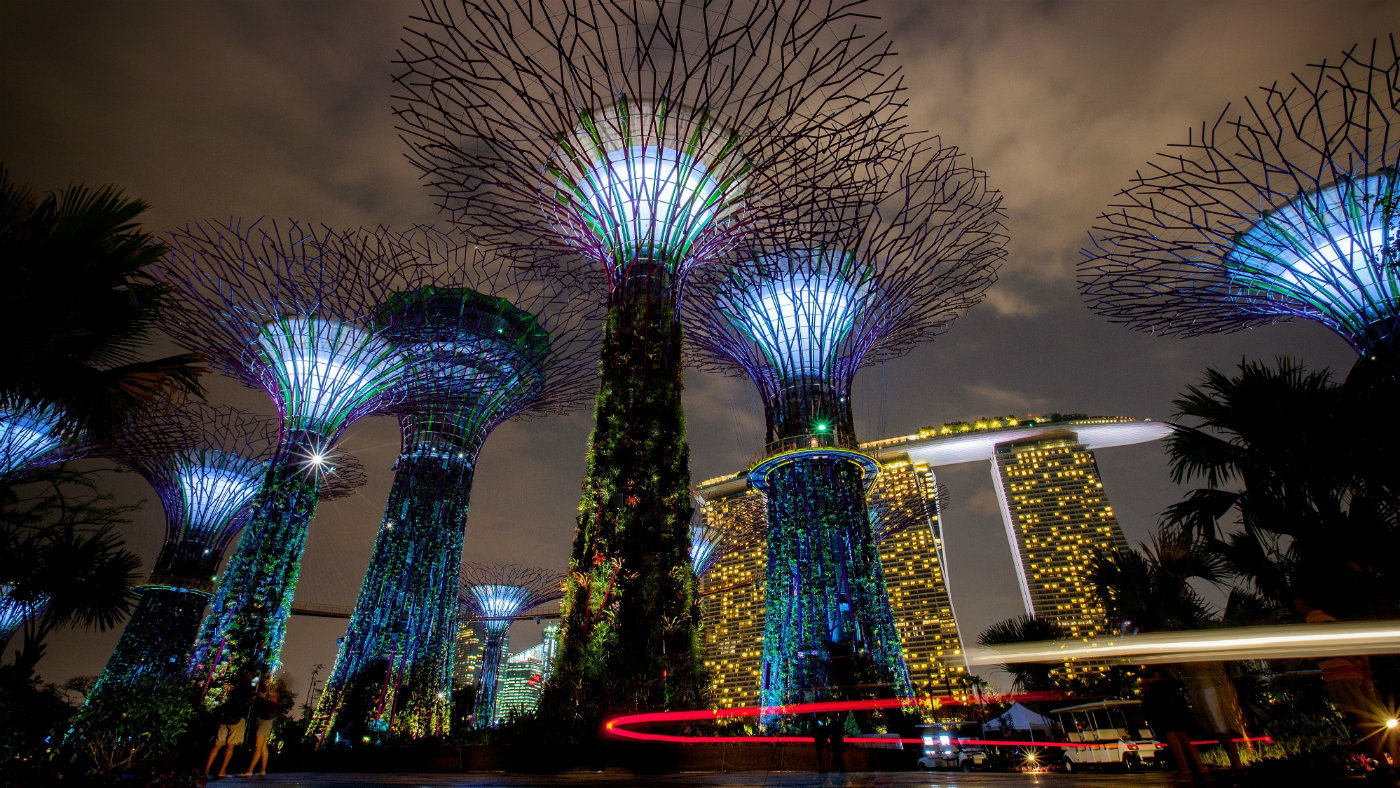
A free daily email with the biggest news stories of the day – and the best features from TheWeek.com
You are now subscribed
Your newsletter sign-up was successful
The UK government has updated its advice for travel to Singapore after the ongoing global outbreak of coronavirus reached the southeast Asian city-state this month.
A British man contracted the deadly virus during a trip to Singapore, and infected others while in hospital in Brighton.
In the wake of those cases, the UK Foreign and Commonwealth Office (FCO) said that authorities in Singapore have “announced an extension of measures designed to prevent the spread of the virus”, including banning entry to all Chinese visitors and foreigners who have recently travelled to China.
The Week
Escape your echo chamber. Get the facts behind the news, plus analysis from multiple perspectives.

Sign up for The Week's Free Newsletters
From our morning news briefing to a weekly Good News Newsletter, get the best of The Week delivered directly to your inbox.
From our morning news briefing to a weekly Good News Newsletter, get the best of The Week delivered directly to your inbox.
Usually considered one of the safest countries on earth, Singapore is a popular choice for visitors to southeast Asia, attracting almost 20 million visitors in 2019. But with the ongoing coronavirus crisis, is it time to look elsewhere for your next holiday?
Health
There are usually very few public health concerns for visitors to Singapore, but that has changed since the outbreak of coronavirus, which has so far infected more than 75,000 people and killed 2,000 after originating in Wuhan province, China.
Officials in Singapore reported its first case on 23 January, inews reports, and the country has confirmed 84 cases as of this week.
A free daily email with the biggest news stories of the day – and the best features from TheWeek.com
The Straits Times reports that 34 of these patients have now recovered, with 50 people still in hospital, most of whom are stable. Four are in a critical condition.
“There is an ongoing outbreak of coronavirus in China and elsewhere in the region, including Singapore,” says the FCO. “All new visitors with recent travel history to mainland China within the previous 14 days will not be granted permission to enter or transit Singapore.
“If you’re returning to the UK from Singapore, consult the latest advice from the Department of Health and Social Care on actions you should take if you develop symptoms on your return.”
The ongoing crisis is “expected to affect the transport and tourism sectors and associated industries and companies”, says Pharmaceutical Technology.
“The accommodation and food service sector, which performed well in 2019, is expected to slow-down due to the lockdowns and travel restrictions resulting from coronavirus disease fears,” it adds.
“The manufacturing sector, which already contracted by 1.4% in 2019, is expected to witness a further decline in 2020 due to the knock-on impact of industrial production disruption in China.”
Crime
Criminal activities such as pickpocketing, violent and sexual crime, and scams are almost non-existent in Singapore. Somewhat more problematic for foreigners, however, are Singapore’s draconian laws on other activities, which visitors may find themselves inadvertently falling foul of.
For example, Singapore has extremely strict laws on littering. GoAbroad notes that “first time offenders who throw small items like cigarette butts or candy wrappers are fined $300 [£230]”, but “those who throw out bigger items like drink cans or bottles are considered defiant and are required to appear before the court.
“The punishment usually involves a Corrective Work Order (CWO), where the offenders clean up a specified area while wearing a bright luminous green vest,” the site says.
And further special treatment is reserved for those bringing chewing gum into the country; the product is banned in Singapore owing to the damage it can cause to pavements. Importing chewing gum, even if it is not for trading, is illegal and possession carries a fine of up to $1,000 (£770).
Singapore is also known for its extreme implementation of laws found elsewhere in the world. For example, since 1973 it has abided by the highly controversial Misuse of Drugs Act, under which the possession, consumption, manufacturing, import, export, or trafficking of any controlled drugs in any amount is illegal.
Possession of more than certain amounts of these drugs will result in the handing down of a mandatory death penalty, while persons caught with less than these amounts face penalties ranging from caning to life in prison.
Weather and climate
Deadly natural disasters are very rare in Singapore. However, the FCO notes that from June to October Singapore can “experience high levels of pollution (haze) from land clearance fires in Indonesia”, which can cause disruption to local and regional air travel, and the air pollution may have an impact on public health.
-
 How the FCC’s ‘equal time’ rule works
How the FCC’s ‘equal time’ rule worksIn the Spotlight The law is at the heart of the Colbert-CBS conflict
-
 What is the endgame in the DHS shutdown?
What is the endgame in the DHS shutdown?Today’s Big Question Democrats want to rein in ICE’s immigration crackdown
-
 ‘Poor time management isn’t just an inconvenience’
‘Poor time management isn’t just an inconvenience’Instant Opinion Opinion, comment and editorials of the day
-
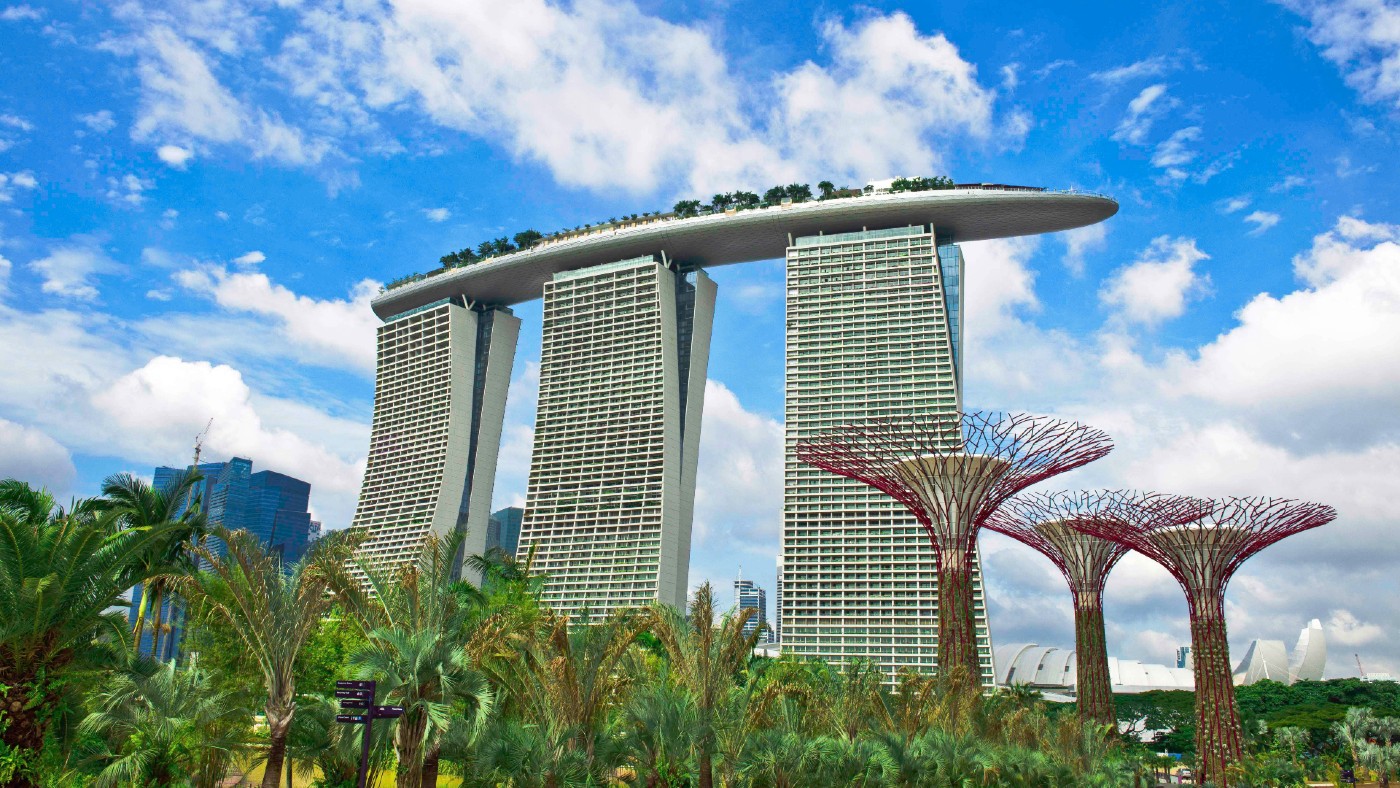 Marina Bay Sands review: 48 hours at Singapore’s most iconic hotel
Marina Bay Sands review: 48 hours at Singapore’s most iconic hotelThe Week Recommends The setting of two key scenes in Crazy Rich Asians lives up to its glitzy reputation
-
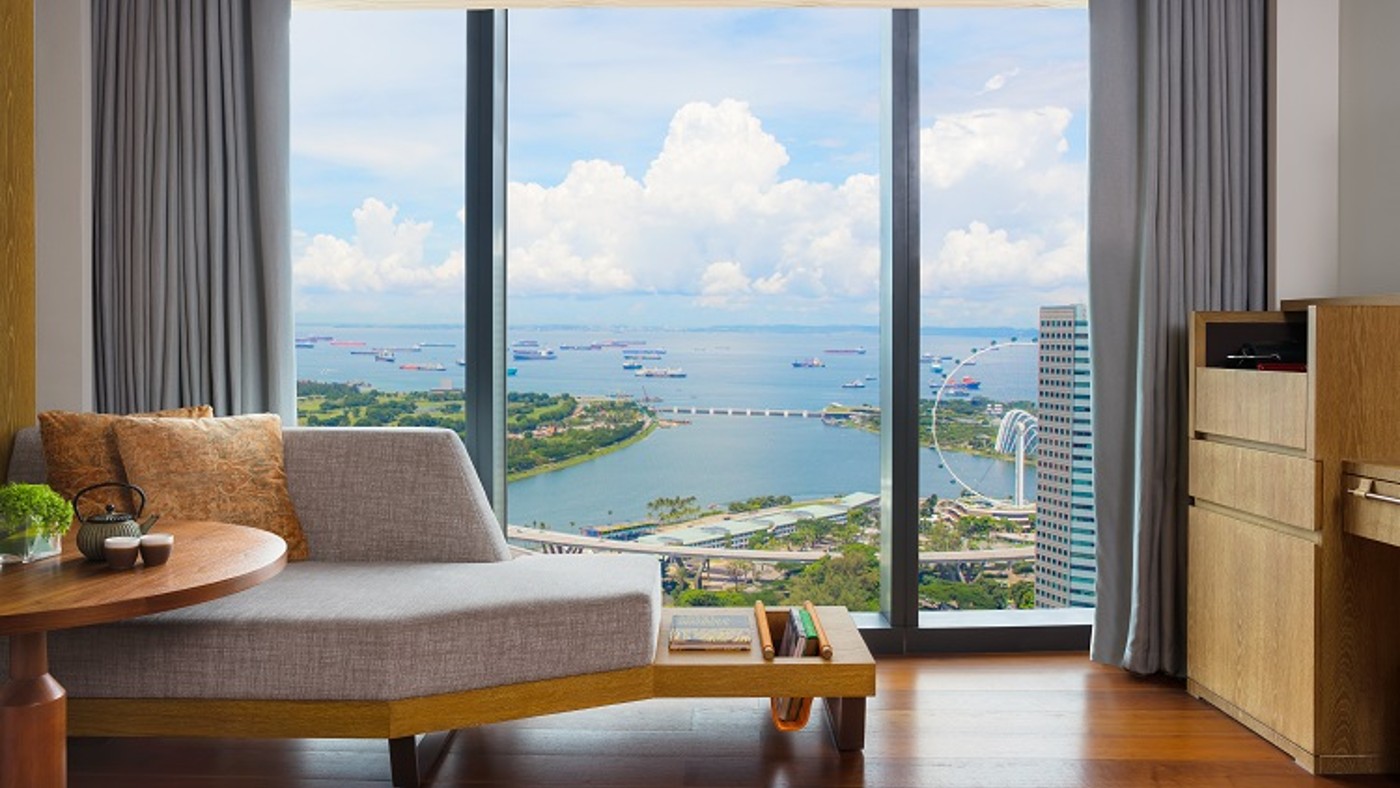 Andaz Singapore review: an atmospheric hotel that’s more than worth the vertigo
Andaz Singapore review: an atmospheric hotel that’s more than worth the vertigoThe Week Recommends Soak up unparalleled views as you cool off in the skyscraper’s infinity swimming pool
-
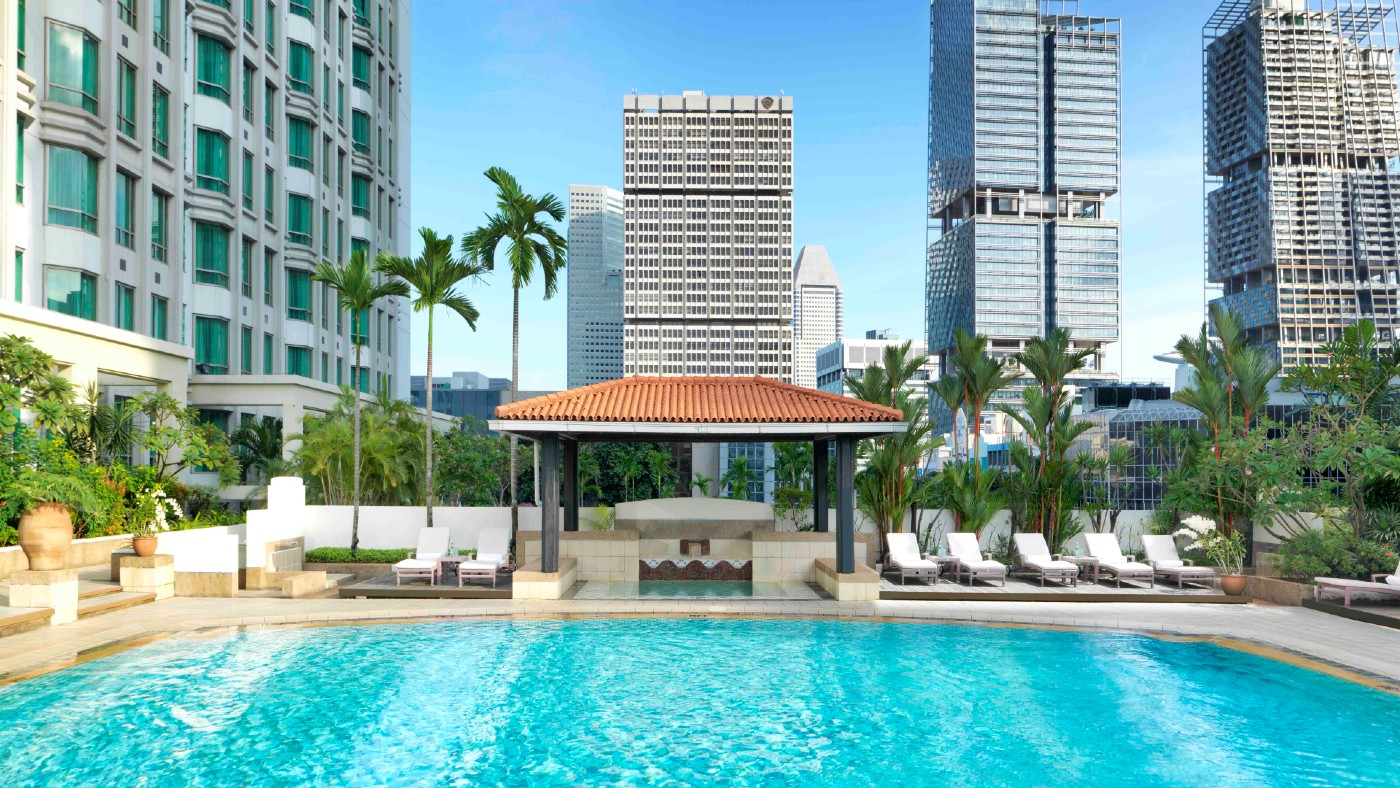 InterContinental Singapore review: a sense of calm amid the hustle and bustle
InterContinental Singapore review: a sense of calm amid the hustle and bustleThe Week Recommends This five-star hotel is in a prime location for exploring – if you can bring yourself to leave it
-
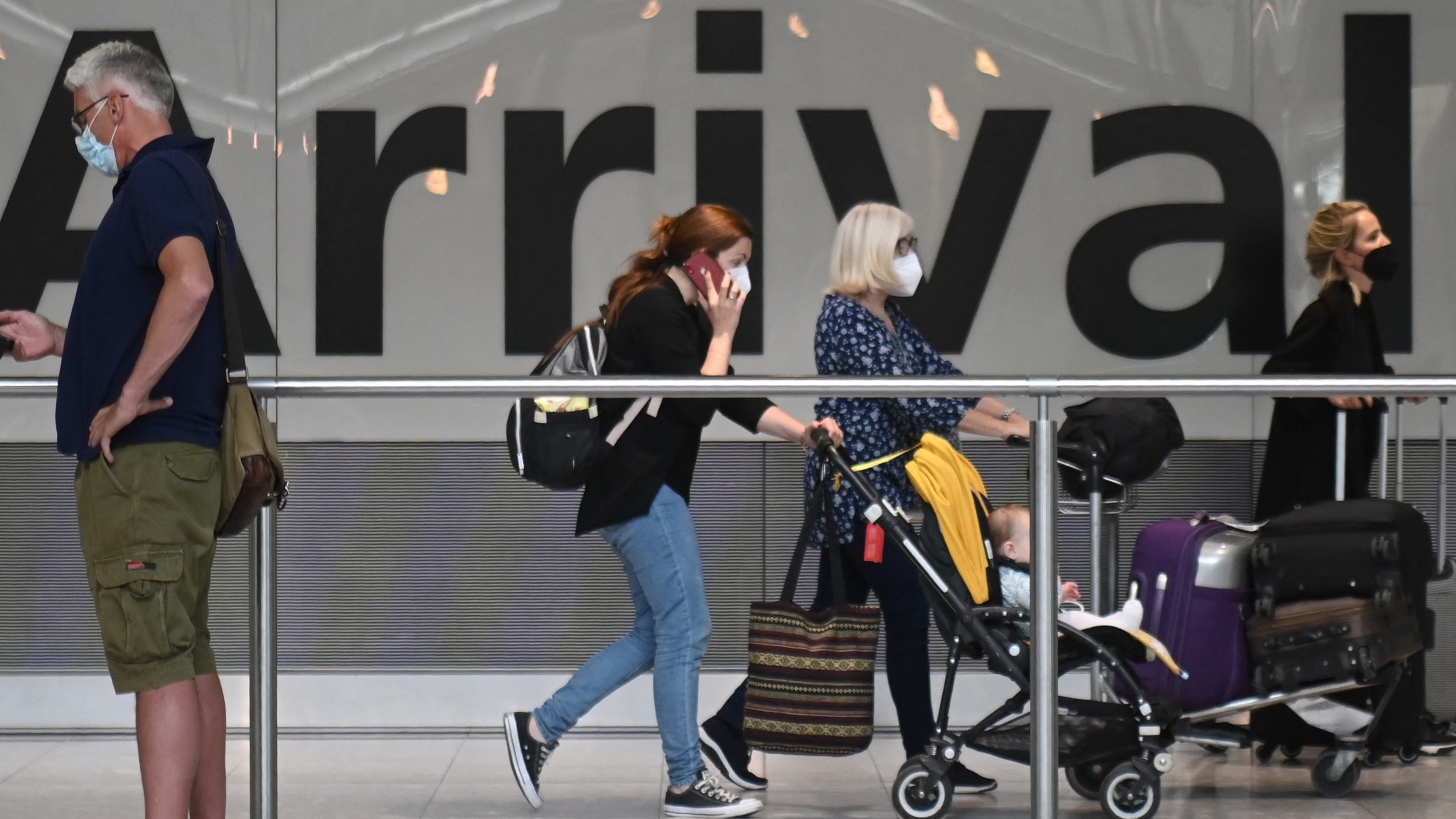 The new simplified UK travel rules explained
The new simplified UK travel rules explainedfeature Pre-departure tests axed for fully vaccinated arrivals from non-red-list countries
-
 Can the Scouts movement survive after the pandemic?
Can the Scouts movement survive after the pandemic?In the Spotlight Lockdowns trigger sharp drop in young members and adult volunteers
-
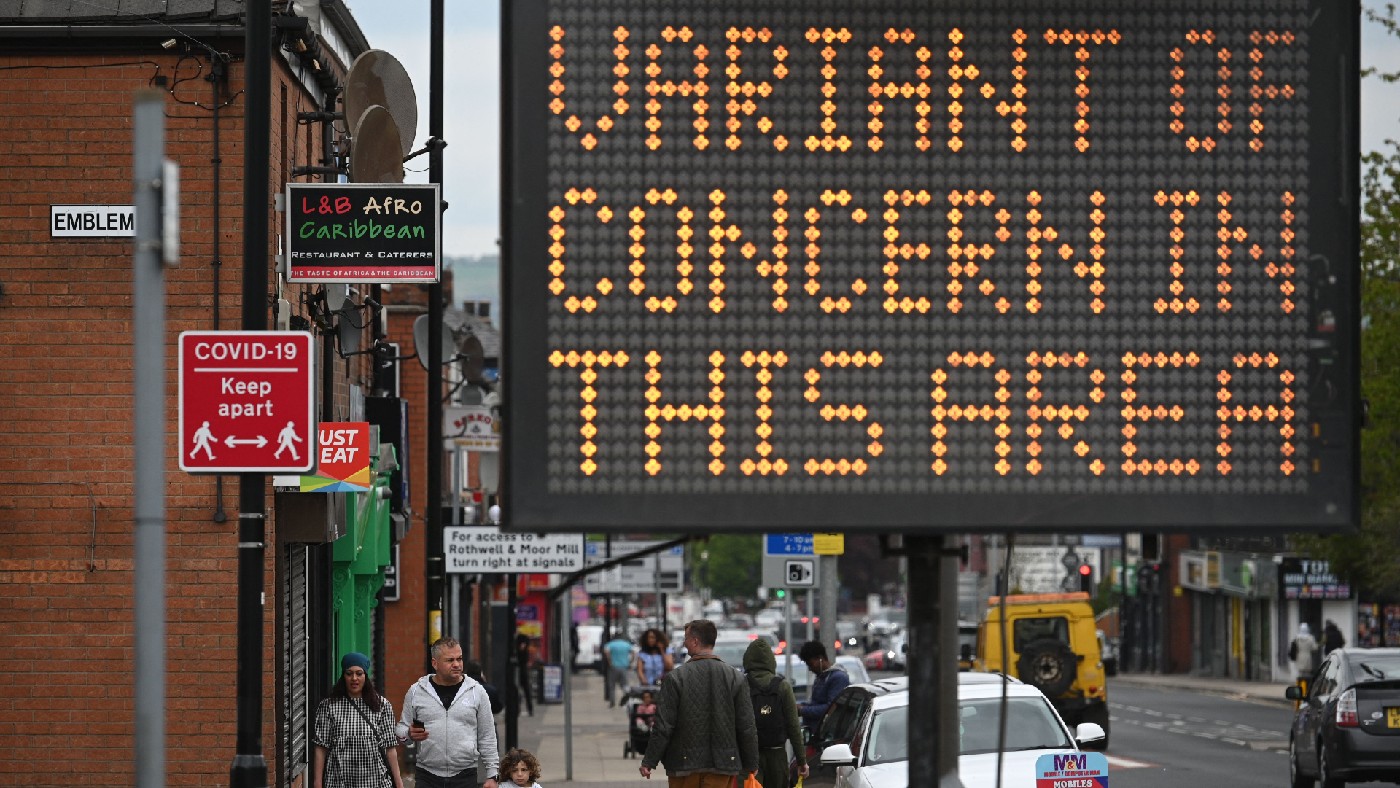 Government introduces new local coronavirus restrictions - but doesn’t tell anyone
Government introduces new local coronavirus restrictions - but doesn’t tell anyonefeature Online update to guidance for areas hit by Indian variant branded ‘farcical’ before ‘screeching U-turn’
-
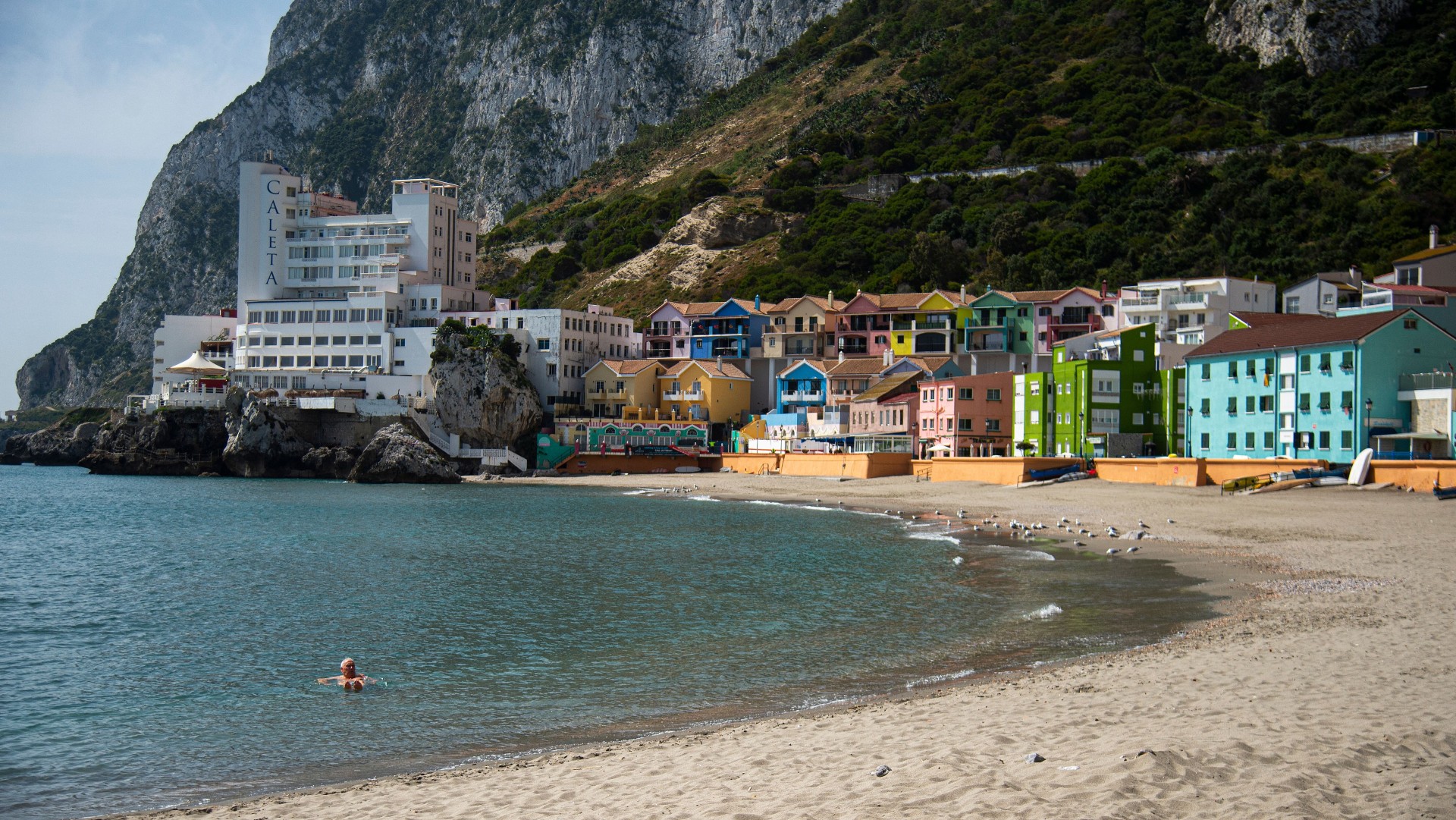 Is it safe to travel abroad this summer?
Is it safe to travel abroad this summer?Today's Big Question MPs warn that airports are ‘breeding ground’ for coronavirus
-
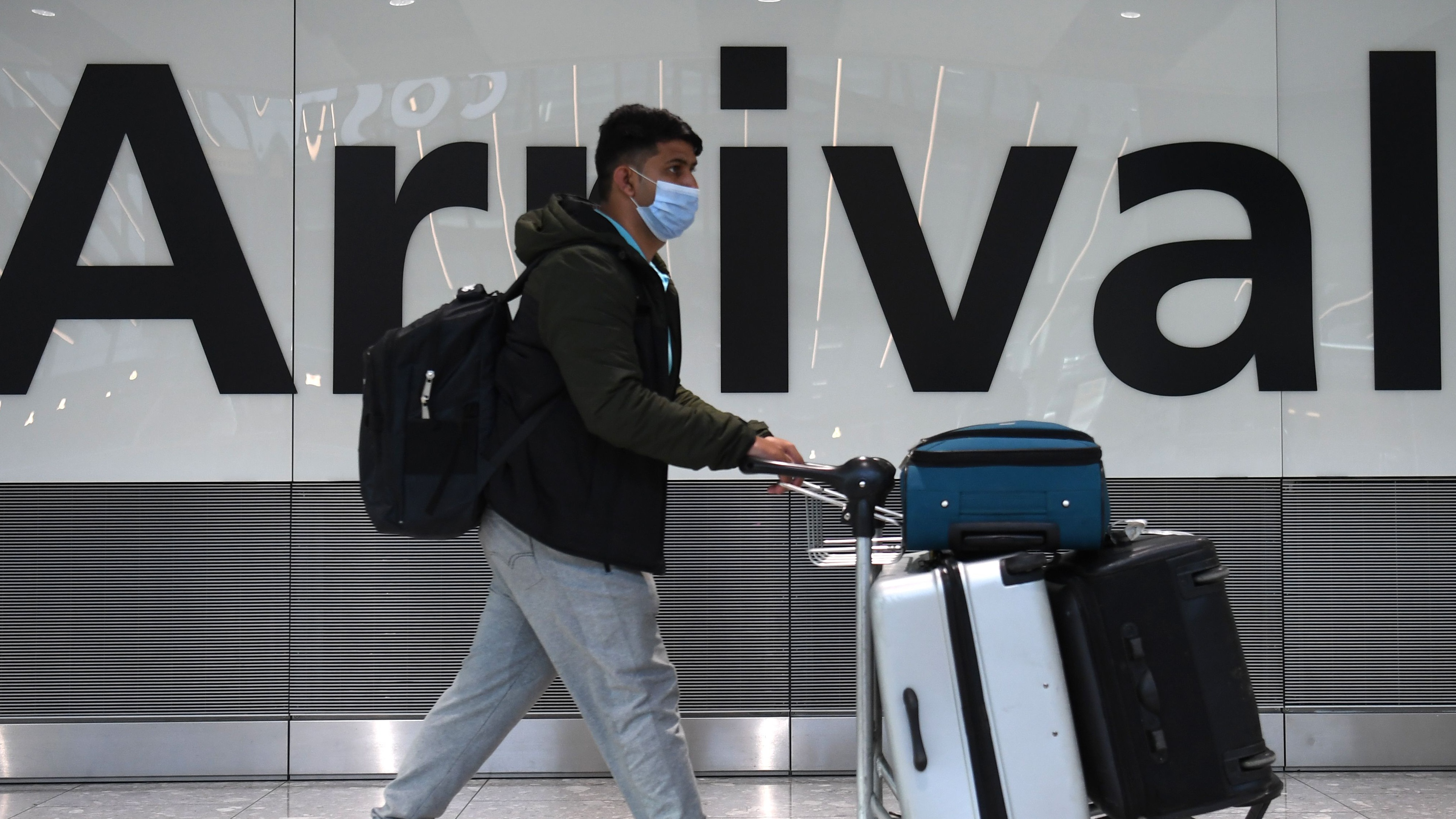 Holidays saved – but do Covid rules price out all but the richest travellers?
Holidays saved – but do Covid rules price out all but the richest travellers?feature Price of quarantine hotels rising from £1,750 to £2,285 for solo travellers